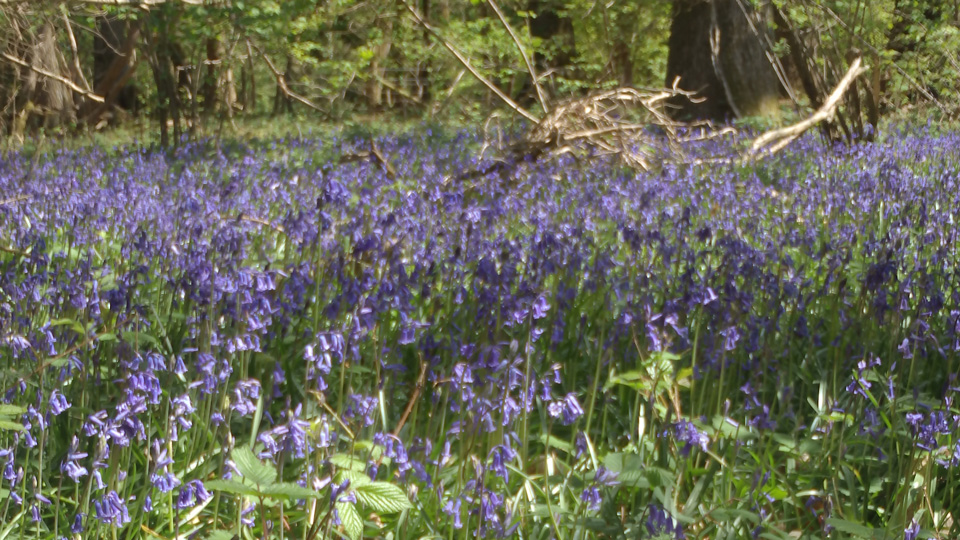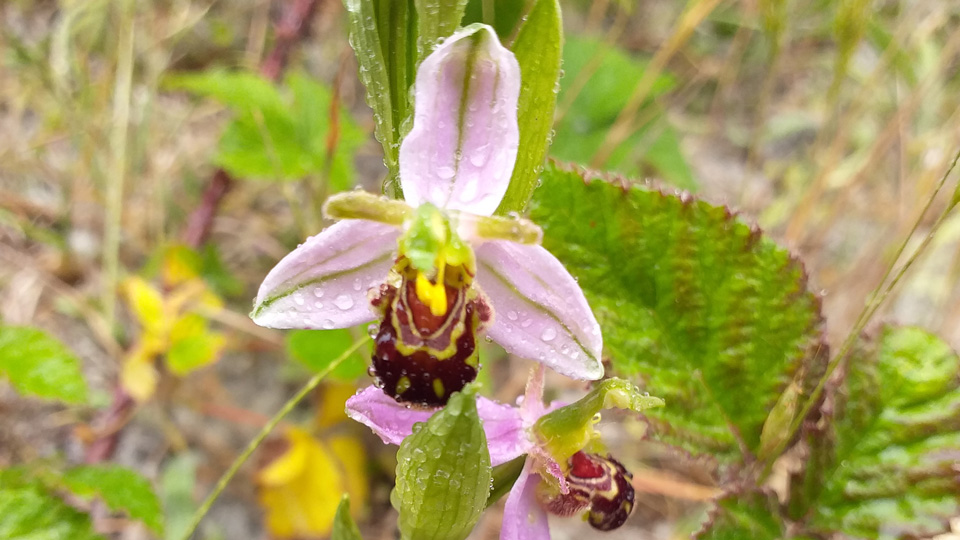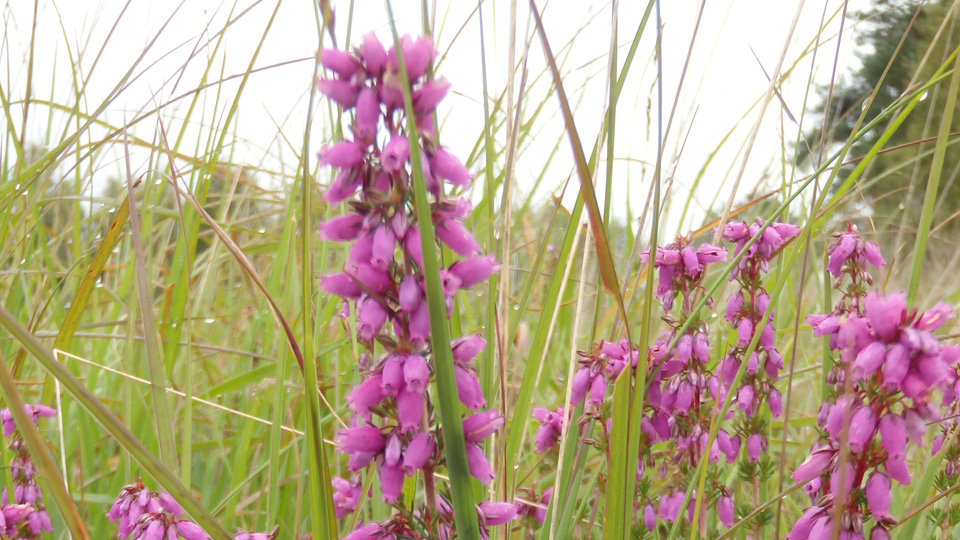Wildflowers bloom with brilliance at Lower Mill Estate from late spring to autumn. They don’t just bring us great joy, but are also a lifeline for our bees, butterflies, pollinating bugs and birds.
Swill Meadow on the wider estate is a wonderful example of a native wildflower meadow that we have been managing carefully for the last 15 years to help conserve our native wildflowers and all the invertebrates and other wildlife that rely on them. Orchids, Lady’s bedstraw, Knapweed and Yellow rattle are in abundance. Clouds of blue damselflies take flight as you walk through this picturesque meadow; butterflies flutter from wildflower to wildflower and the crickets and grasshoppers seem to play you a symphony. By cutting the meadow at the right time of year we ensure our wildflowers are preserved, something that is essential, as the UK has lost over 97% of its wildflower meadows since World War II.
In other areas of the Estate, we have tried to address the catastrophic decline of the UK’s insect populations, by creating wildflower areas where we can. In places where we know there is likely to be good seed stock of wildflowers in the soil, we have relaxed our mowing regimes to allow these wildflowers to emerge and spread. By cutting these areas once or twice a year and removing the clippings we help create a less nutrient-rich soil which is great for wildflowers. In other areas of the Estate, we have started from scratch and lifted and removed the turf and sown the areas with native wildflower seeds.
All of these approaches have resulted in vast increases in wildflowers and a great richness of biodiversity across the Estate. Insects play a vital role in all our lives and by boosting the wildflowers they need and by building with nature, we are giving them a helping hand.
“If we and the rest of the back-boned animals were to disappear overnight, the rest of the world would get on pretty well. But if the invertebrates were to disappear, the world’s ecosystems would collapse.” Sir David Attenborough.


